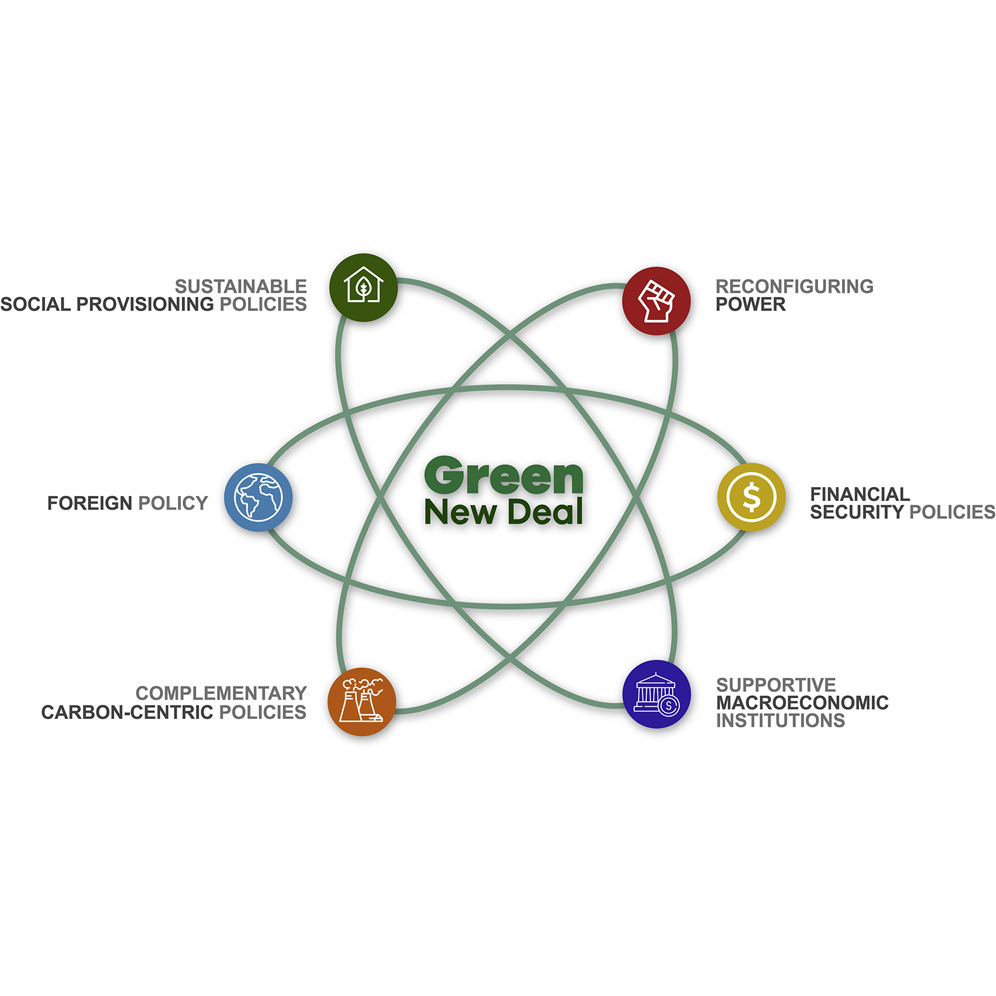Future Foods, Volume 5, June 2022
Meat induces large environmental impact while supplying important nutrients, and meat substitutes are increasingly adopted as direct replacers of meat products. This study assessed the environmental impact of a pork schnitzel and two soy-based schnitzels in terms of three different functional units to reflect the products’ functions as meal components and suppliers of high quality proteins. For a functional unit of 1 kg of product, the pork schnitzel induces the largest environmental impact for most environmental impact indicators.
Current Developments in Nutrition, Volume 6, June 2022
Geography and Sustainability, Volume 3, June 2022
Geography and Sustainability, Volume 3, June 2022
One Earth, Volume 5, 17 June 2022
Recent proposals in the US and elsewhere aim to tackle climate change and socioeconomic inequalities together through a Green New Deal (GND). GND proposals have been criticized by high-profile advocates of carbon-centric climate policies—advocates who do not perceive socioeconomic inequalities to be significant drivers of climate change and who argue that GNDs’ wider agenda will undermine decarbonization efforts.
eBioMedicine, Volume 80, June 2022
Journal of Trace Elements and Minerals,
Volume 1,
2022,
100004

